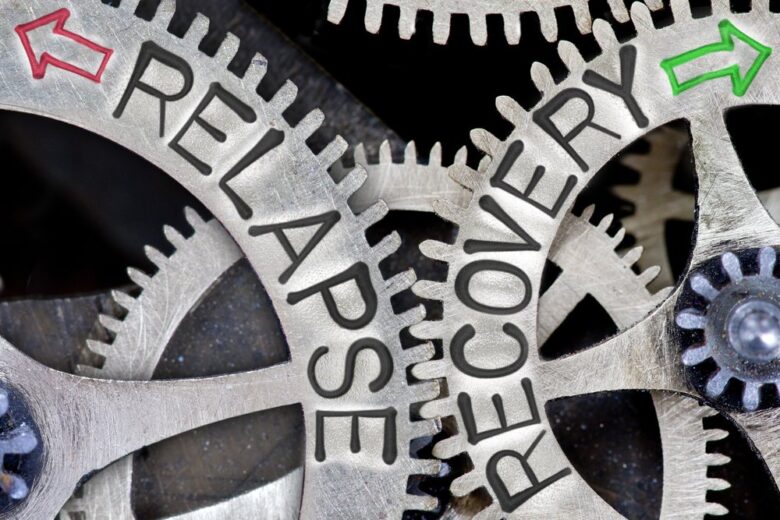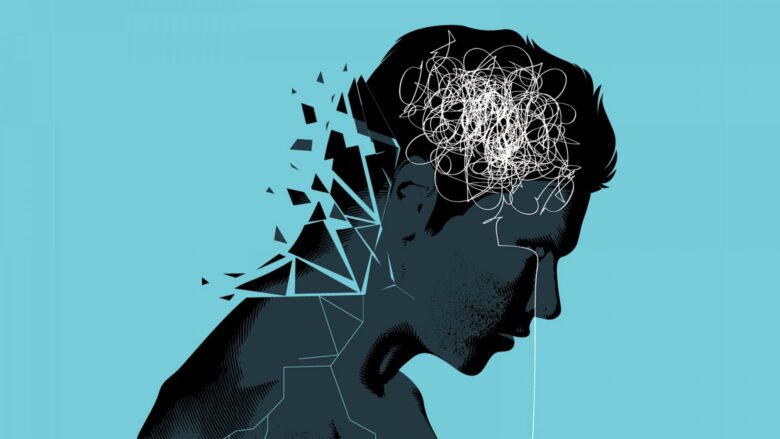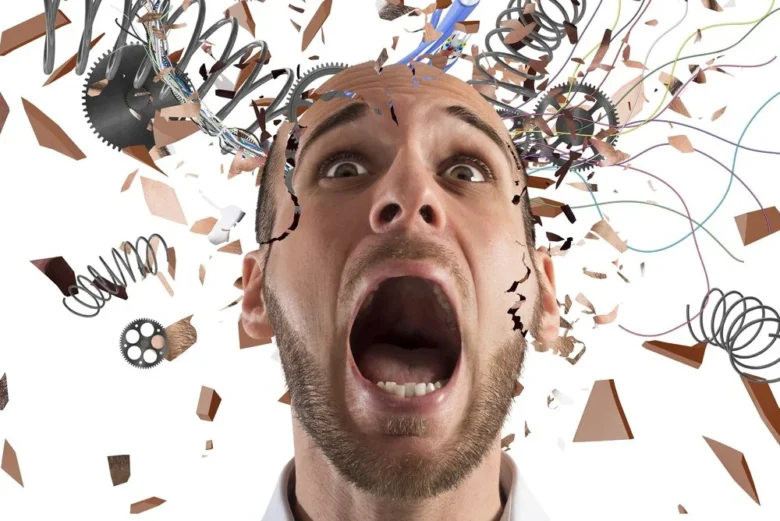Drug and alcohol addiction is a serious condition that can ruin one’s life. You could go bankrupt trying to keep up an addiction as illegal drugs tend to be expensive. There is also the potential deterioration of physical health due to the harmful effects of drugs on the organ systems of the body.
Addiction increases the likelihood of committing crimes as an addict will do almost anything to get drugs or the money to buy drugs. Close friends and family members suffer the effects of addiction to an extent. Relationships become strained and the safety of friends and family may become at risk.
The first step to dealing with an addiction is to acknowledge the addiction and understand the dangers it poses to you and your loved ones. After that, the next step is to seek professional help and stick with the treatment plan. Many people have been able to stay sober by doing this but there’s always a hurdle every addict has to overcome every single day – relapse. And it’s important for anyone who’s ever been addicted to drugs or alcohol to understand the risk of relapse.

Source: harborcommunityclinic.com
Contents
Understanding The Ever-Present Risk Of Relapse
The first thing every addict has to understand about their condition is that recovery is a life-long process. There is no actual cure for addiction and the goal of all treatment plans is to achieve sobriety and maintain it. So, this means the risk of relapse will always exist. However, the degree of this risk varies among individuals.
Someone who has been sober for years has a lower risk of relapse compared to someone who just got sober recently. But the risk still remains, and this is why it’s important you religiously follow your treatment plan to reduce the risk of relapse to the barest minimum.
You shouldn’t stress yourself over the possibility of relapse. You only need to accept it’s a risk that comes with your recovery.
Some of the Reasons For Addiction Relapse
Studies have shown high relapse rates, as high as 65 to 70%, among recovering addicts in the 90-day period following treatment, especially leaving an inpatient drug and alcohol treatment center. This statistic isn’t meant to alarm you but to show you how high the risk of relapse is for recovering addicts.
There is somewhat of a common trend among recovering addicts that relapse and understanding the common risks for addiction relapse makes you better equipped to stick to your recovery plan and reduce the risk of relapse. Below are common reasons for addiction relapse:

Source: nkrc.org
-
Withdrawal
This is one of the major reasons why recovering addicts relapse and return to alcohol or substance abuse. Withdrawal symptoms manifest in two stages with the first stage occurring upon stoppage of the use of addictive substances.
It’s advisable the first stage of detox is done under professional supervision as withdrawal symptoms such as fatigue, anxiety, hallucination, and so on may force you to relapse in a bid to ease or stop the symptoms. But with professional help, your healthcare provider will find ways to cope with withdrawal symptoms without resulting to substance use.
You typically have two options when seeking professional help for addiction: you can sign up for an intensive outpatient program for women or an inpatient program. Both outpatient and inpatient programs have their unique benefits and a sit-down with a professional can help determine the best one for you.
The second stage of withdrawal primarily consists of emotional and psychological symptoms and can last for months or years. However, the symptoms ease the longer you stay sober. So, by understanding how withdrawal can make you relapse, you can prepare yourself and work with your healthcare professional to navigate the most difficult part of the withdrawal period.
-
Mental Health
Sometimes, addictions are manifestations of underlying issues and unless these issues are addressed, an individual is more likely to relapse and return to substance abuse. Even mild mental health issues can significantly increase the risk of substance abuse, and this is why addiction specialists evaluate patients for mental health issues like depression, post-traumatic stress disorder (PTSD), anxiety, and so on.
For patients diagnosed with underlying mental issues, specialists will attempt to treat the mental condition while providing the most suitable addiction treatment. If not, relapse is almost a certainty.

Source: inc.com
-
People and Places
Ever heard of the saying that birds of a feather flock together? This applies to drug addicts as they tend to surround themselves with people that abuse drugs and alcohol. So, anyone in recovery should strive to avoid people associated with their addiction.
Also, avoid friends and family members that don’t respect your sobriety enough not to take drugs and alcohol in your presence. While the long-term goal of your recovery is reaching the point where you are not triggered to relapse when people take alcohol or drugs in your presence, it takes time and effort to get there, and you should take precautions in the early stages of your recovery.
Some places are obvious triggers for addiction relapse. Clubs, bars, casinos, bars, and liquor stores are places a recovering addict would want to avoid. Even your own home or apartment can be a trigger for relapse, especially if you do drugs there. This is one of the reasons why its recommended you don’t start your recovery at home.
Experts also recommend you make some changes to your home during recovery to help your mind dissociate your home from substance abuse. These changes could be as subtle as changing the arrangement of the furniture or as elaborate as revamping the entire interior decoration. It’s up to you.
-
Stress
Stress is part of life and bound to happen to you at one point or another. It’s inevitable. Everyone has different ways of coping with stress and many people have turned to drugs and alcohol for temporary relief of stress.
Recovering addicts are bound to relapse and return to substance use especially if it was their way of dealing with stress. As a result, it’s important to find ways to avoid extreme stress during recovery and find healthier ways of dealing with stress. For some people, this may be exercise, meditation, or therapy. It’s all about finding what works for you.

Source: smithsonianmag.com
Relapse Is Merely A Bump On The Road
Relapse is sometimes part of the recovery process and it’s not really the relapse that matters but how you deal with it. A relapse usually comes with a myriad of emotions. For some, it’s shame while there are those that experience extreme hopelessness. You may even feel disappointed in yourself or feel bad for letting your close ones down.
Don’t be too hard on yourself after a relapse. Shame and self-blame aren’t the solution. Instead, admit a relapse happened and do some self-reflection to find out why you fell back to your old habit. You may need to seek professional help again but go easy on yourself. The most important thing is that you learn from your mistake to prevent future relapses.
